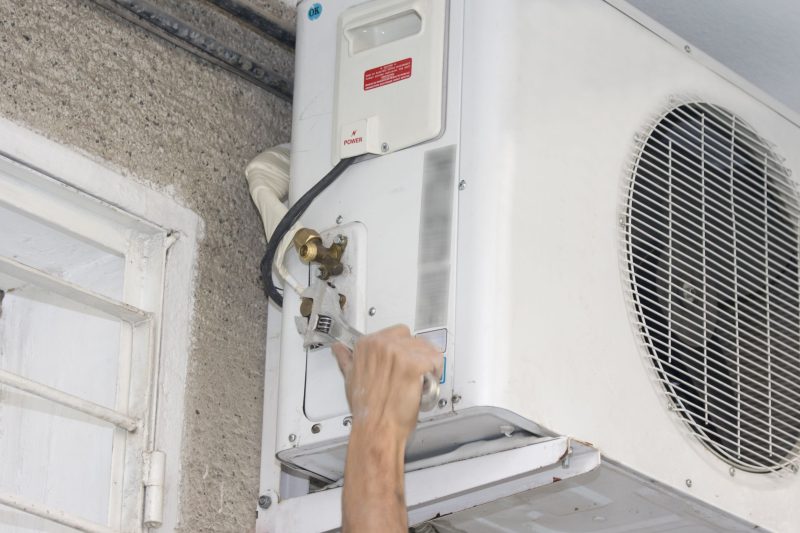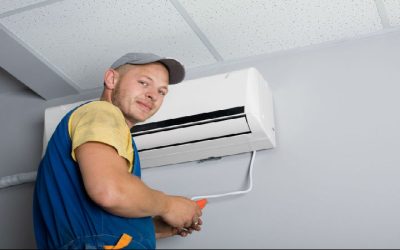If you’re considering a career in HVAC, attending classes is a great first step. However, not knowing what to expect can make the first day stressful. To help you avoid this, we’ve compiled a list of what to expect when attending HVAC classes.
Theory and Practical Learning
HVAC classes usually involve learning both the theoretical concepts and practical applications of heating, ventilation, and air conditioning systems. This means that you’ll be taught how to install, maintain and repair HVAC systems in class, as well as get hands-on experience through laboratory experiments or field trips.
Safety and Regulation Standards
One of the primary concerns is ensuring the safety of students and instructors. You’ll be introduced to safety principles and regulations that are essential when dealing with electrical appliances, HVAC machines, and refrigerants. You should expect to wear safety gear such as gloves, goggles, and helmets.
Industry Standards and Modernization
HVAC classes evolve with technology, and you should expect to keep up with new trends and industry standards. The field is rapidly changing, and it’s essential to stay updated on the newest systems, energy-efficient equipment, and green technology. Be prepared to learn about the latest innovations and trends in HVAC technology.
Hands-On Practice and Industry Application
Many classes offer internships or part-time work in the field so that students can apply what they have learned in class. Part-time work or internships also provide an opportunity to work alongside professionals, gaining insight into the industry, and making vital connections.
Post-Graduation Prospects
The goal of attending an HVAC class is to obtain certification or degree that will set you apart in the industry. Having acquired some hands-on experience and technical knowledge, you can expect post-graduation employment prospects from HVAC contractors, real estate agencies, facility maintenance companies or government departments.


